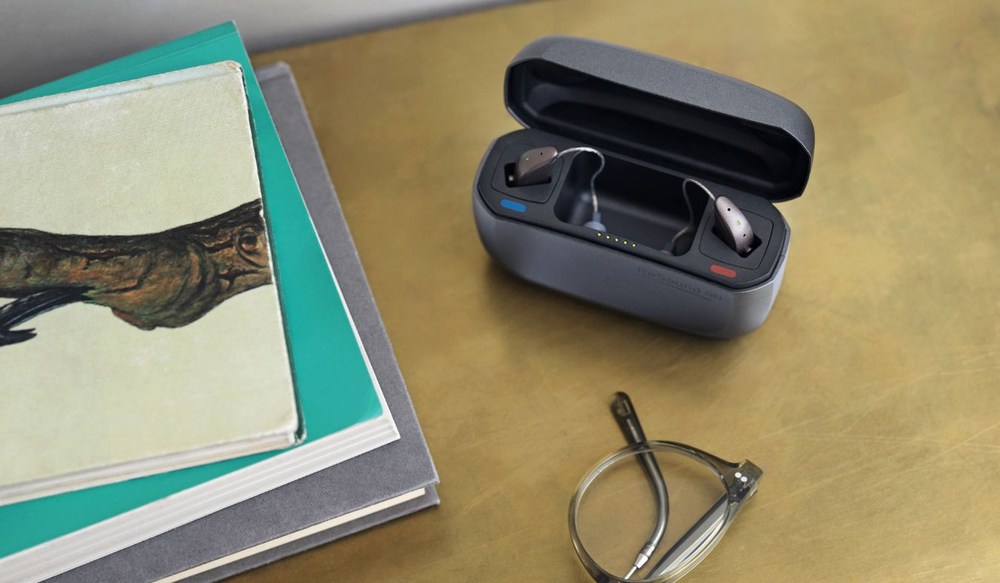How to Choose Between Rechargeable and Battery Powered Hearing Aids
Choosing between rechargeable and battery powered hearing aids is an
Disclaimer: 3% Processing Fee for All Credit and Debit Card Transactions


Choosing between rechargeable and battery powered hearing aids is an

Athletes face many sources of loud sound during practices, games and

Most people do not immediately connect their diet with their ability to